OSLO, Norway: Alleviating stress for fearful dental patients, especially vulnerable ones such as children, is of paramount concern for dentists. Now, a major Norwegian study has shed new light on how children and teenagers experience conscious sedation in dental care. While most said it made treatment easier, over half still remembered the procedure—raising questions about memory, consent and emotional care during paediatric dental treatment.
As reported on by Dental Tribune International, sedation is a complex issue within dentistry. On the one hand, it is associated with improved long-term oral health outcomes, yet on the other hand, it comes with known environmental impacts.
In the study, researchers from the University of Oslo and the Oral Health Centre of Expertise in Western Norway surveyed more than 7,600 children aged 9 and 17 registered with the public dental service. Among them, just under 1,000 had received conscious sedation, most often with oral midazolam, and were included in the analysis.
Of this group, about two-thirds said sedation made dental treatment easier to undergo. However, one in 12 reported that it made it more difficult to refuse treatment, and more than half retained memories of the procedure. Girls reported statistically significantly higher levels of dental and injection-related fear than boys. The study also found that children with high dental anxiety were both more likely to find sedation helpful and more likely to remember the experience, suggesting that fear may influence how sedation is perceived and recalled.
The findings underline the complexity of paediatric sedation outcomes, challenging assumptions that sedated patients experience full amnesia. The authors stress that even when sedation is used appropriately, children’s autonomy and emotional well-being must remain central to clinical care.
The paper notes that a significant minority of participants did not find sedation beneficial, highlighting the importance of non-pharmacological approaches such as behavioural guidance and communication before resorting to medication. Ethical concerns also arise from the small but notable group of children who felt unable to refuse treatment while sedated.
Conducted in a demographically representative Norwegian county, the study is one of the largest of its kind and offers rare insight into children’s subjective experiences of sedation. The authors call for improved communication, greater integration of psychological support and further research into developing validated methods for capturing children’s voices in dental settings.
The study, titled “Children’s experiences with conscious sedation in dental care: A Norwegian cross-sectional study”, was published online on 22 October 2025 in Acta Odontologica Scandinavica.
Topics:
Tags:
STRASBOURG, France: Dental anxiety is a widespread concern in paediatric dentistry, often leading to treatment interruption or even the complete avoidance ...
LEEDS, England: Dentistry is a significant contributor to carbon emissions, and in the UK, dental services provided through the National Health Service ...
MONTREAL, Canada: Hypnosis, long associated with stage performances and entertainment, is drawing attention for its clinical applications in the field of ...
YOKOSUKA, Japan: Large language models (LLMs), a type of artificial intelligence (AI) tool, are gaining popularity across medical disciplines, including ...
GENEVA, Switzerland: Research underscores that the ability to administer a pain-free injection is the most critical factor in patients’ satisfaction with ...
Live webinar
Tuesday, 24. February 2026
19:00 CET (Oslo)
Prof. Dr. Markus B. Hürzeler
Live webinar
Tuesday, 24. February 2026
21:00 CET (Oslo)
Prof. Dr. Marcel A. Wainwright DDS, PhD
Live webinar
Wednesday, 25. February 2026
17:00 CET (Oslo)
Prof. Dr. Daniel Edelhoff
Live webinar
Wednesday, 25. February 2026
19:00 CET (Oslo)
Live webinar
Thursday, 26. February 2026
02:00 CET (Oslo)
Live webinar
Tuesday, 3. March 2026
17:00 CET (Oslo)
Dr. Omar Lugo Cirujano Maxilofacial
Live webinar
Wednesday, 4. March 2026
02:00 CET (Oslo)
Dr. Vasiliki Maseli DDS, MS, EdM



 Austria / Österreich
Austria / Österreich
 Bosnia and Herzegovina / Босна и Херцеговина
Bosnia and Herzegovina / Босна и Херцеговина
 Bulgaria / България
Bulgaria / България
 Croatia / Hrvatska
Croatia / Hrvatska
 Czech Republic & Slovakia / Česká republika & Slovensko
Czech Republic & Slovakia / Česká republika & Slovensko
 France / France
France / France
 Germany / Deutschland
Germany / Deutschland
 Greece / ΕΛΛΑΔΑ
Greece / ΕΛΛΑΔΑ
 Hungary / Hungary
Hungary / Hungary
 Italy / Italia
Italy / Italia
 Netherlands / Nederland
Netherlands / Nederland
 Nordic / Nordic
Nordic / Nordic
 Poland / Polska
Poland / Polska
 Portugal / Portugal
Portugal / Portugal
 Romania & Moldova / România & Moldova
Romania & Moldova / România & Moldova
 Slovenia / Slovenija
Slovenia / Slovenija
 Serbia & Montenegro / Србија и Црна Гора
Serbia & Montenegro / Србија и Црна Гора
 Spain / España
Spain / España
 Switzerland / Schweiz
Switzerland / Schweiz
 Turkey / Türkiye
Turkey / Türkiye
 UK & Ireland / UK & Ireland
UK & Ireland / UK & Ireland
 International / International
International / International
 Brazil / Brasil
Brazil / Brasil
 Canada / Canada
Canada / Canada
 Latin America / Latinoamérica
Latin America / Latinoamérica
 USA / USA
USA / USA
 China / 中国
China / 中国
 India / भारत गणराज्य
India / भारत गणराज्य
 Pakistan / Pākistān
Pakistan / Pākistān
 Vietnam / Việt Nam
Vietnam / Việt Nam
 ASEAN / ASEAN
ASEAN / ASEAN
 Israel / מְדִינַת יִשְׂרָאֵל
Israel / מְדִינַת יִשְׂרָאֵל
 Algeria, Morocco & Tunisia / الجزائر والمغرب وتونس
Algeria, Morocco & Tunisia / الجزائر والمغرب وتونس
 Middle East / Middle East
Middle East / Middle East
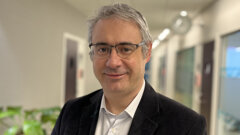




















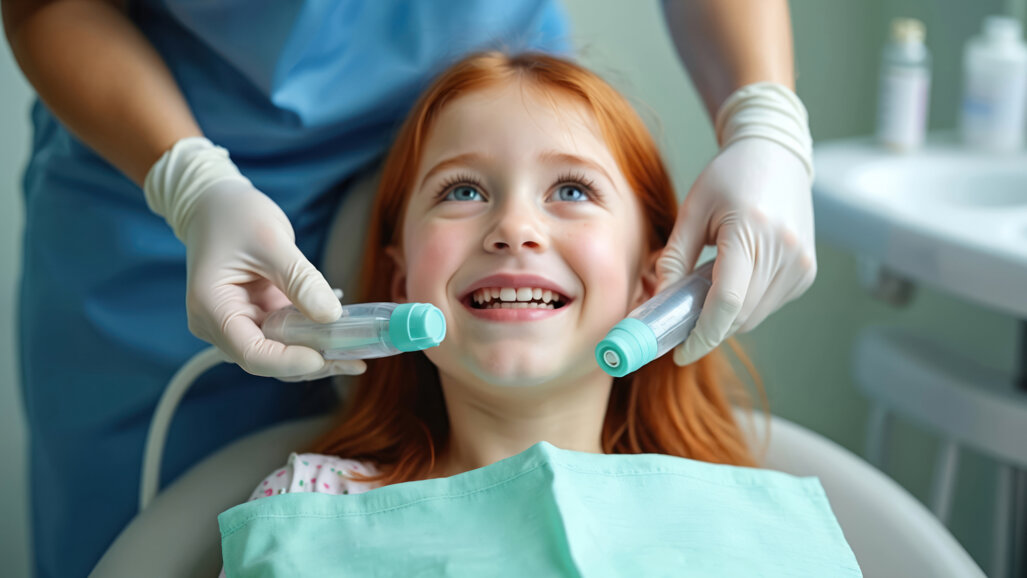




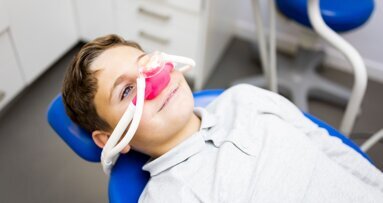
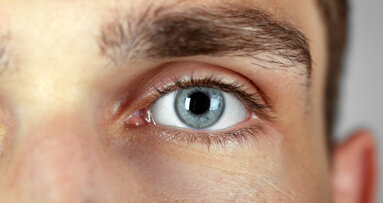

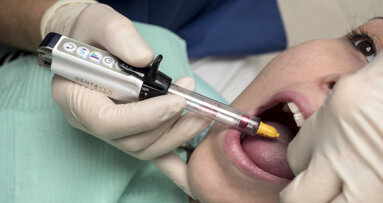









To post a reply please login or register